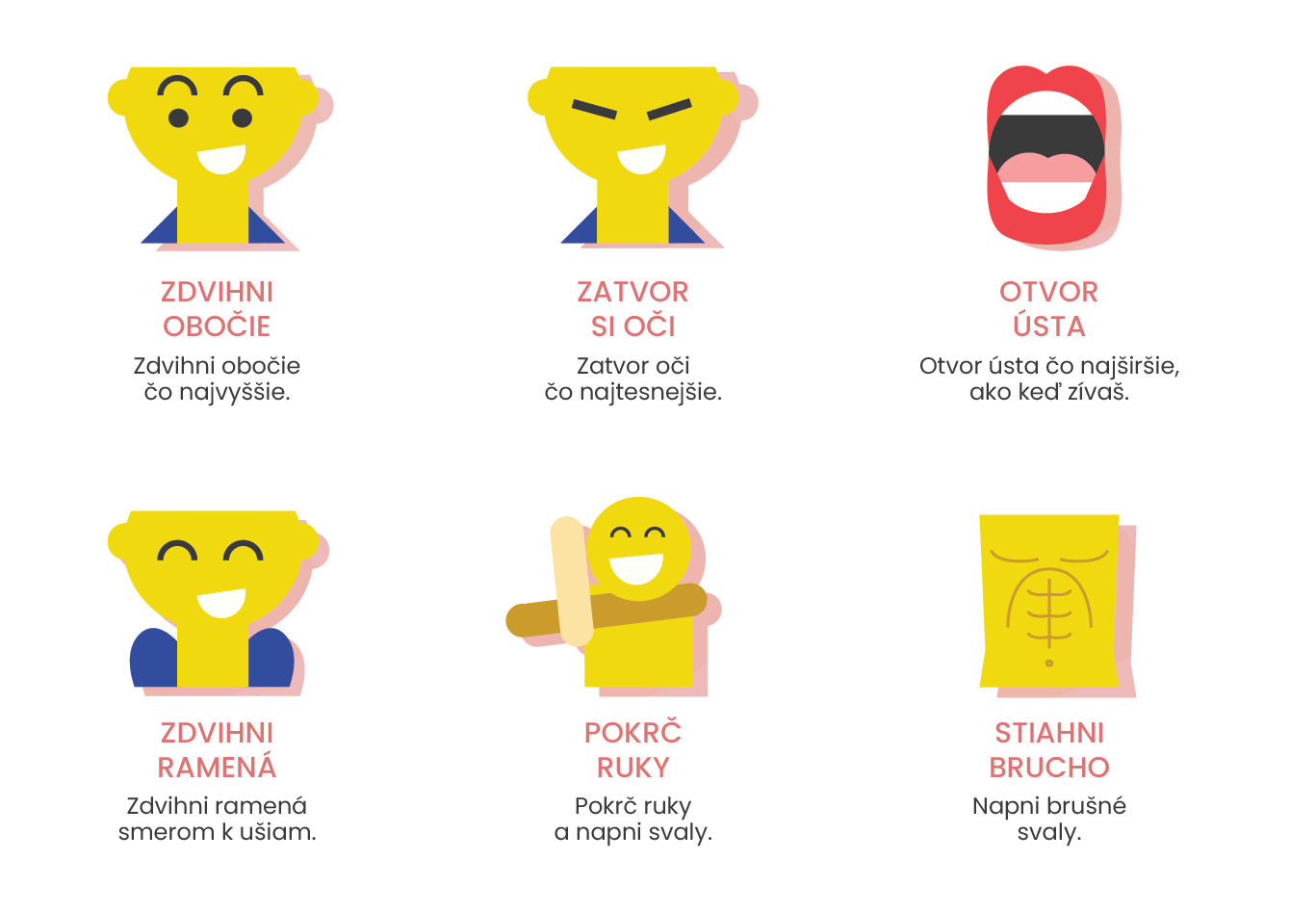MENTAL HEALTH
EMOTIONS, STRESS,
BURNOUT
RELAXING
TECHNIQUES
WHEN AND WHERE
TO SEEK HELP
Just as it is necessary to take care of your physical health, undergo preventive examinations, eat well and exercise, you should not forget about mental health. Just as your body can get tired, so can your mind.
Stress, burnout and emotions
Many factors affect mental health. Weather, pressure, life events and decisions or the stress level you are currently experiencing. All of this goes hand in hand with your inner well-being. You can learn more about stress, for example, in our article Stress as a social scare – how to (not) get rid of it?
Many negative manifestations can be corrected with simple tricks. When you feel bad, try different breathing exercises, for example. You can find a lot of them on the Internet, either as articles, video tutorials or in the form of podcasts. You can also download applications that are specifically dedicated to this. You can find more tips on taking care of your mental health and something about psychohygiene in the Selfcare section.
Also, don’t forget that your mental health must have a balanced private and work life if you are already working. That’s why we offer tips on work-life balance and how to protect yourself from burnout. Another useful source of information about mental health for you can be an article that answers the most common questions about mental health problems.
Emotional intelligence (EI) is also important to a healthy mental life. It is the ability to perceive, use, understand, manage and manage emotions. EI has five dimensions – self-awareness, emotion management, motivation, empathy, and social skills. The assessment of emotional intelligence is a short exercise that will help you understand your EI coefficient and thus develop your behaviour towards yourself and others.
Relaxation techniques
Each of us has experienced a day full of stress. It could have appeared for many reasons. When we start feeling stressed, it can be hard to relax and get back to normal; sometimes, we feel like wet dogs all day. Here you will find some quick relaxation exercises you can use on such a day.
The idea of PSR is that you tense a group of muscles, so they are tightly contracted. Hold them in extreme tension for a few seconds, then relax the muscles. Going from intense tension to deep muscle relaxation helps interrupt the body’s “fight or flight” response when you feel fear or stress. Here are some steps for progressive muscle relaxation. Hold each position for five seconds and then relax.
Try to exhale slowly with each release. Some people find it helpful to whisper a word they choose along with the release.
With this simple technique, you take slow, deep breaths (this breathing is also known as diaphragmatic or abdominal breathing). You gently disengage your mind from distracting thoughts and sensations when you breathe. Do this for a minute or two and surrender to your breath. The relaxation will be much more effective.
This technique combines focus on the breath with progressive muscle relaxation. After a few minutes of deep breathing, focus on one body part or muscle group at a time and release any physical tension. You can also start from the feet and relax your body up to the head.
This technique will help you relax through your senses. Try to notice details that you otherwise overlook – for example, distant sounds or the texture of objects.
When and where to seek help
You should pay extra attention to your psyche, especially if you regularly experience sad, depressing or unpleasant feelings. It is difficult to determine the line between a difficult psychological period and a mental illness, so nothing should be underestimated.
To begin with, it is especially important to admit that you are experiencing negative feelings. If you can’t identify them or don’t have someone you can trust, there is, for example, an Internet counselling service. In it, you can have an honest conversation with experts who will help and advise you.
If you are more comfortable talking to a person face to face, do not hesitate to contact a psychologist or a psychiatrist in more severe cases. You can learn about the difference between a psychologist and a psychiatrist and when and which one to reach, for example, in our article Psychologist vs a psychiatrist or where to look for help.
WARNING! You are entitled to some of the psychologist’s services free of charge. Your health insurance company covers them. Just find one that has a contract with your insurance company. You can get to him through a general practitioner, but also directly, without an exchange ticket.
If you urgently need help, click on the portal chcemsazabit.sk.
Did we forget something? At the bottom of the page, you will find a form in which you can let us know what other helplines and useful pages we can add here and what information about different topics we are missing here.

